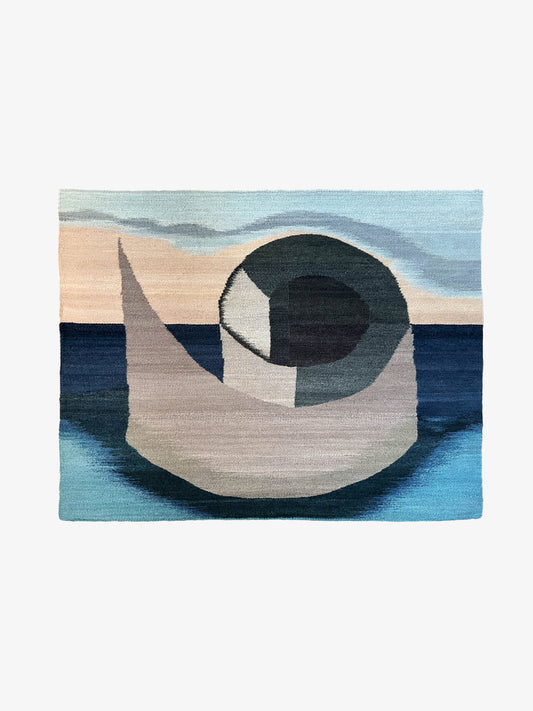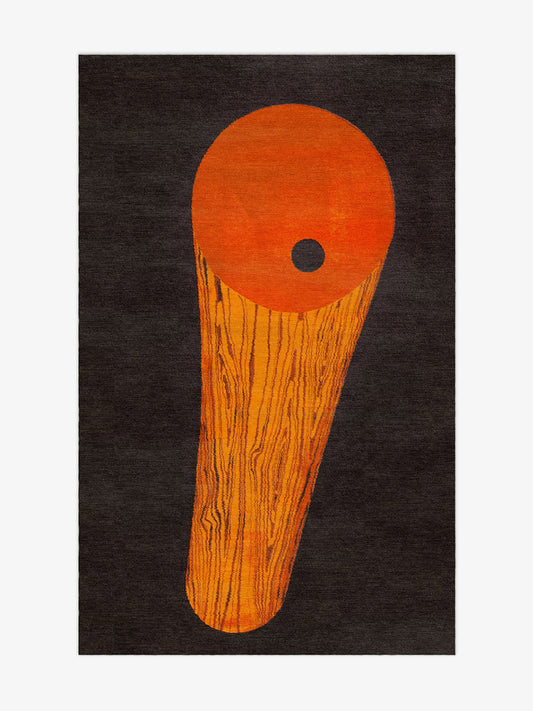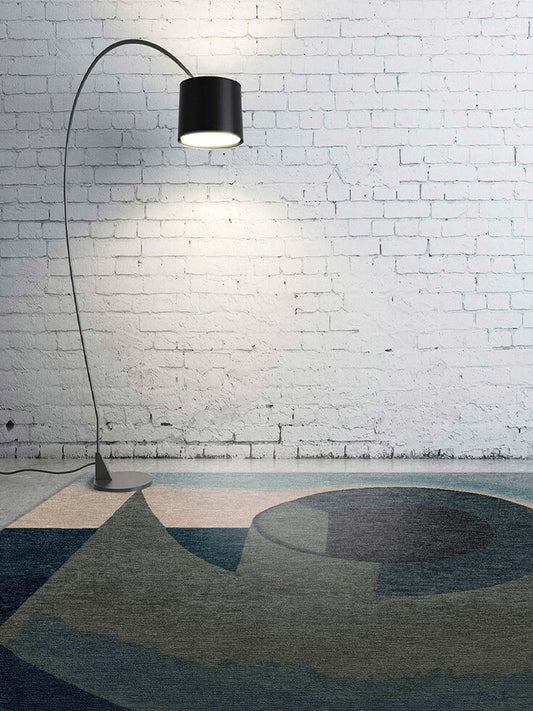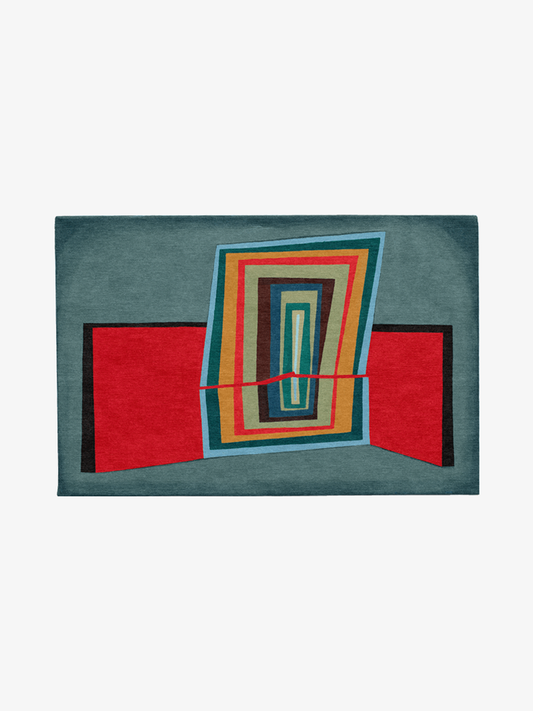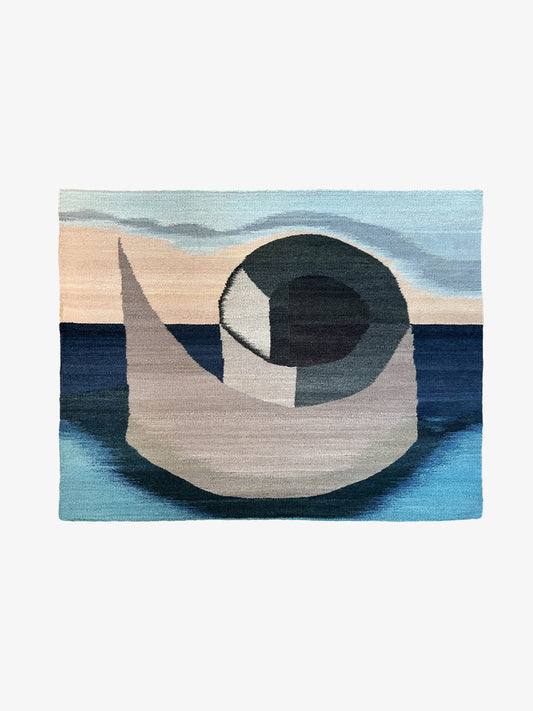jitrik-page
-
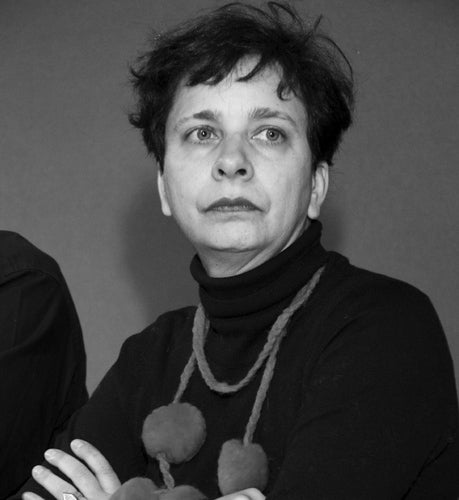
-
Magdalena Jitrik (Buenos Aires, 1966)
“The concept of tékne and the manual aspect of a work concerns me in particular. In that sense, what fascinates me in Art is the question of the transformation of matter… the artisanal aspect, the question of a craft”.
While living in Mexico, Magdalena attended the National School of Fine Arts. In 1987 she returned to Buenos Aires, and began to study Art History at the Universidad de Buenos Aires until 1991, when she received a grant to take part in a workshop coordinated by artist Guillermo Kuitca. It was also around this time that she started to show her work in the Ricardo Rojas Cultural Center, an exhibition space linked to the University, which would become the epicenter of the artistic renovation after the country's return to democracy. In those years, she developed an aesthetic that would continue throughout her career, which draws references from various avant-garde movements of the first half of the 20th century, paying homage to break-through artists from both the international and local Art History, such as Duchamp, Picabia, Yente and Roberto Aizenberg.
Later in the decade, she also began to pour into drawings, objects and installations her ongoing interest in the History of leftist social and political movements. Between 2002 and 2007, during a time of deep economic crisis in Argentina, she was part of the Taller Popular de Serigrafía, an artistic collective that emerged from popular assemblies to design and print posters in the streets, in defense of the workers' rights. Additionally, she learned how to weave artisanal textiles from her mother. In most of her work, both paths converge, whether it be abstract paintings that bear titles extracted from anarchist literature, or installations that reference different historical episodes and figures from Socialism and working-class struggles, through her artistic reinterpretation.


